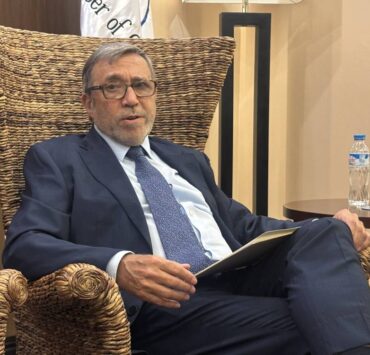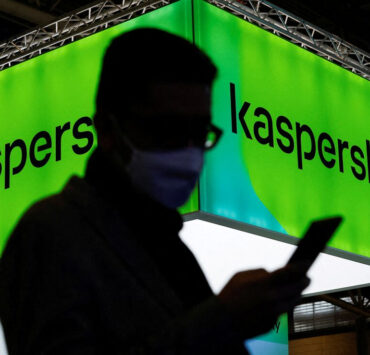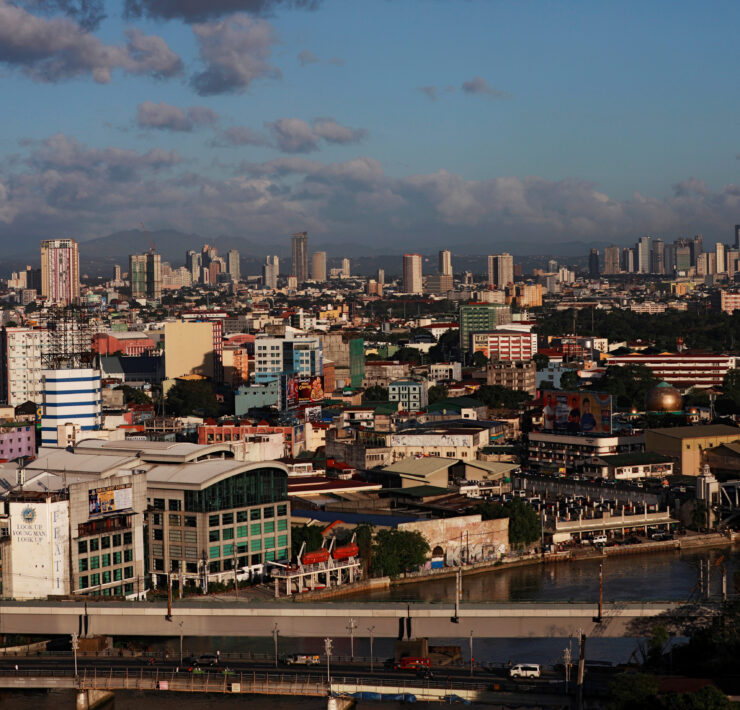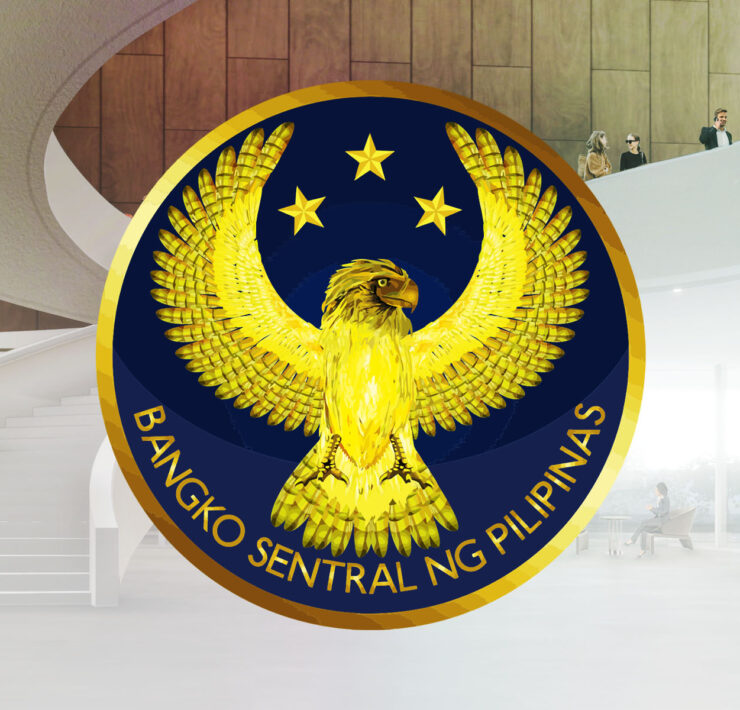PH economy remains resilient, IMF says

The International Monetary Fund (IMF) said the Philippine economy remains resilient despite external challenges, but flagged slower growth prospects in the near term due to subdued global demand and lingering uncertainties.
In a statement on Friday following a weeklong mission in Manila, IMF mission chief Elif Arbatli Saxegaard said that while the Philippines is largely shielded from the direct impact of newly announced US tariffs, broader global headwinds—including slower growth in major economies and heightened policy uncertainty—are expected to weigh on the country’s economic expansion.
“However, growth is projected at 5.5 percent in 2025, slightly lower than previous government estimates, and 5.8 percent in 2026,” said Saxegaard, who led the consultation from May 14 to 20.
He added that while domestic consumption is expected to benefit from easing monetary policy, lower inflation and historically low unemployment, private investment remains subdued, and risks to the economic outlook are skewed to the downside.
Tariff cuts
The IMF official also said that the Bangko Sentral ng Pilipinas (BSP) has room to further cut its benchmark interest rate, given that inflation has slowed considerably, dropping to 1.4 percent in April 2025, thanks to last year’s rice tariff cuts and government administrative measures.
Saxegaard added that core inflation was also subdued at 2.2 percent, reflecting easing price pressures across a broader range of goods and services, and reinforcing expectations that overall inflation will remain within target for the rest of the year.
With inflation expectations well-anchored, he said inflation was projected to stay near the lower end of the target band at 2.2 percent in 2025 and that risks are broadly balanced.
“Risks of higher inflation include adverse weather and other supply shocks, including potential disruptions in global supply chains, and risk-off shocks which could contribute to currency depreciation,” he said.
Despite lower inflation, the IMF official flagged potential risks that could push prices higher, including global supply disruptions, weather-related shocks, and a weakening peso.
Weaker demand
At the same time, he said softer global demand and lower commodity prices could bring deflationary pressures.
On the external front, he noted that the current account deficit is projected to narrow to 3.4 percent of gross domestic product (GDP) in 2025 from 3.8 percent in 2024, aided by falling commodity prices.
International reserves, though down from a September 2024 peak, remain ample at $105.3 billion as of April, according to Saxegaard.
On the plus side, he said that fiscal performance has improved.
The deficit shrank from 6.1 percent of GDP in 2023 to 5.7 percent last year and is expected to remain broadly stable in 2025.
The IMF also stressed that medium-term fiscal consolidation remains critical, urging the government to pursue tax reforms to boost revenues.
“Tax reforms could prioritize raising excise taxes, enhancing (value-added taxes) efficiency, improving tax administration, and ensuring effective control of tax incentives,” Saxegaard said, adding that capacity-building at the local government level is needed as more resources are devolved.
He said that the financial system also remains stable, with strong capital and liquidity buffers, though the IMF warned of growing risks from banks’ exposure to real estate and rising consumer credit.
Regulators were advised to remain vigilant and adjust macroprudential measures as needed. The IMF also welcomed the Philippines’ exit from the Financial Action Task Force grey list in February, citing it as a significant step in enhancing financial system integrity.
Looking ahead, the IMF official said the Philippines has strong long-term potential, anchored on its young population and ongoing reforms to bridge infrastructure gaps, promote investments, and diversify exports.





















